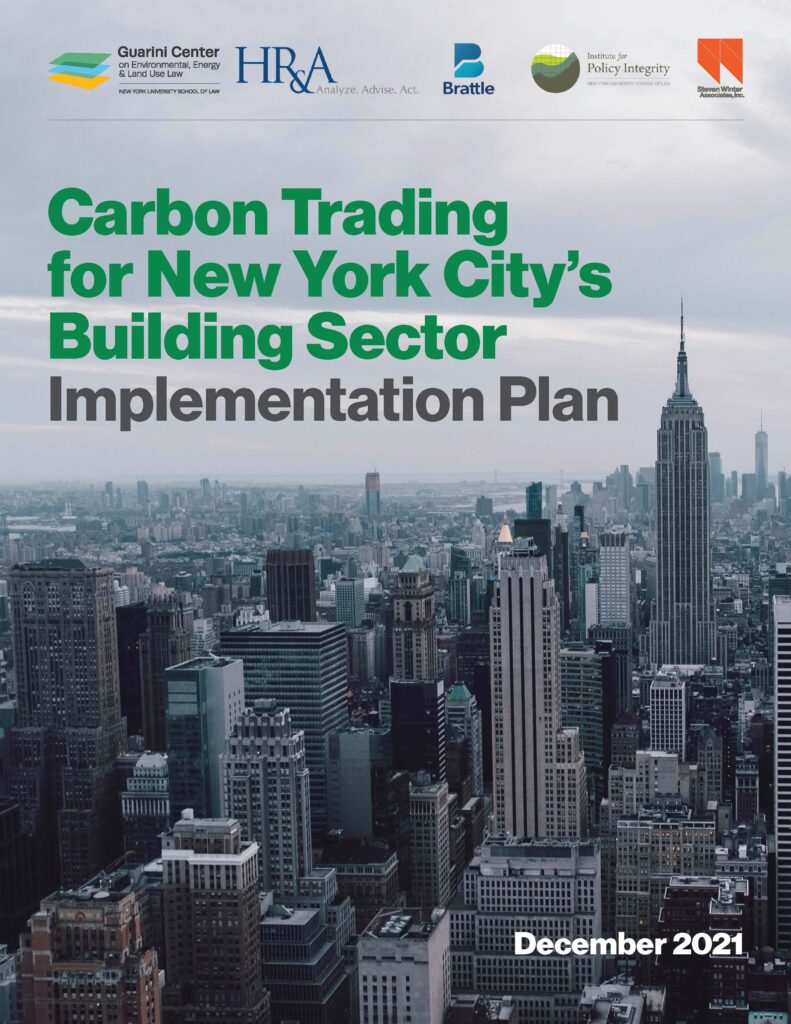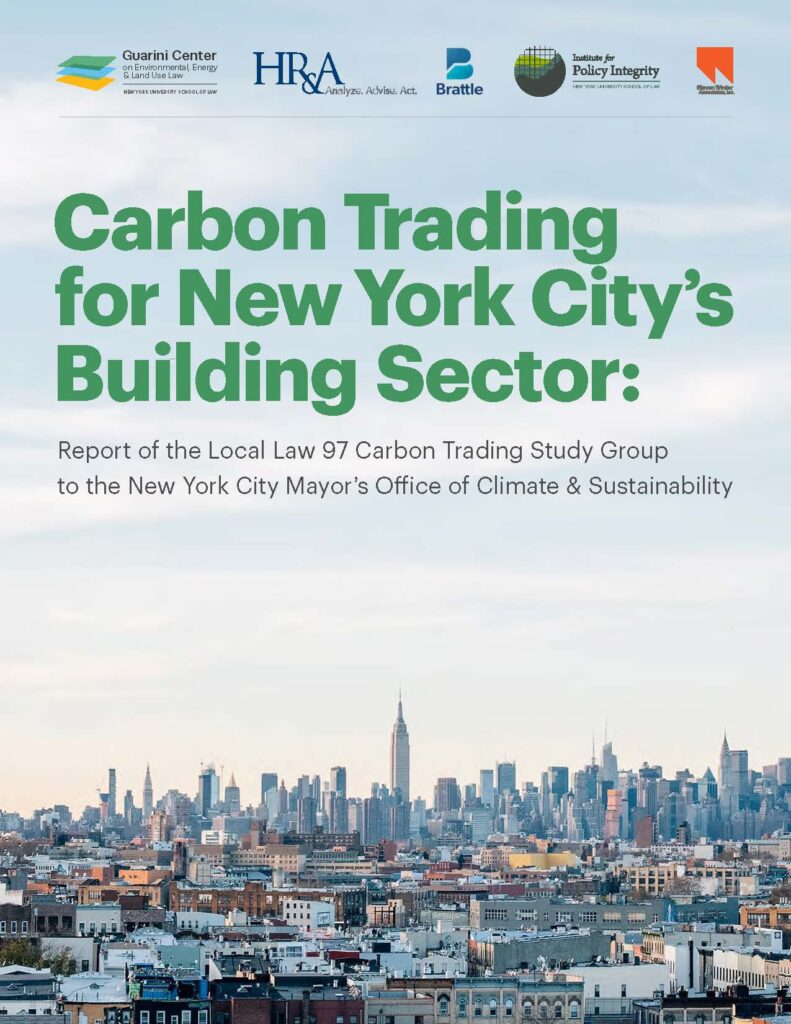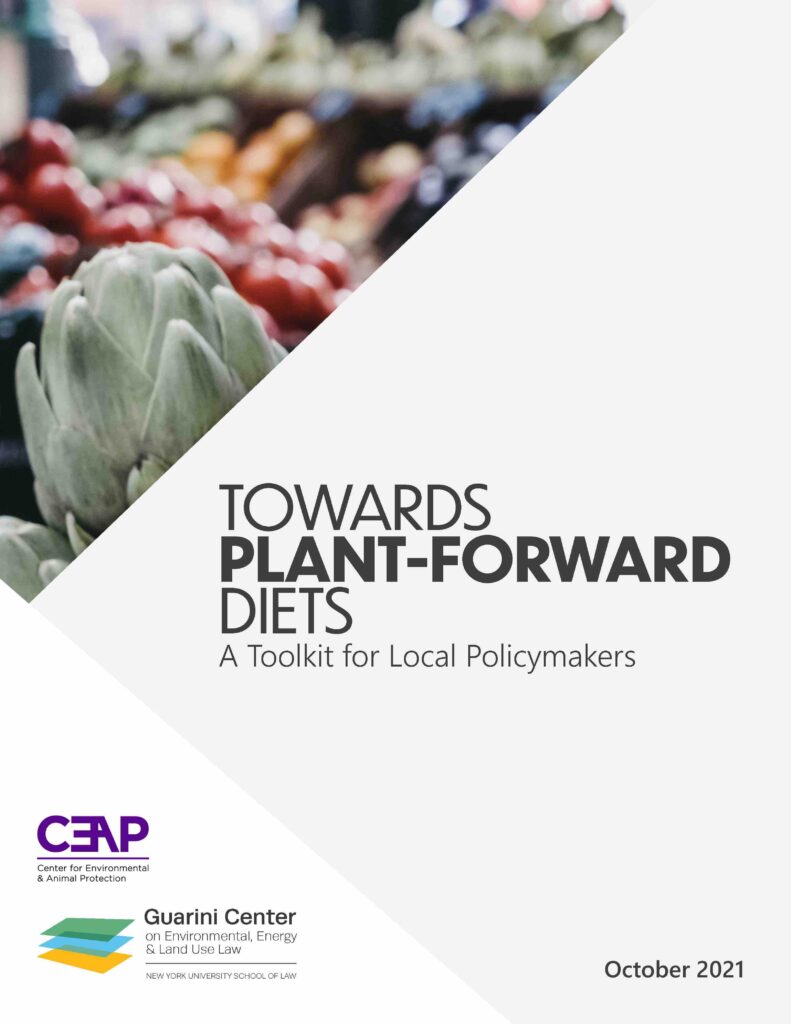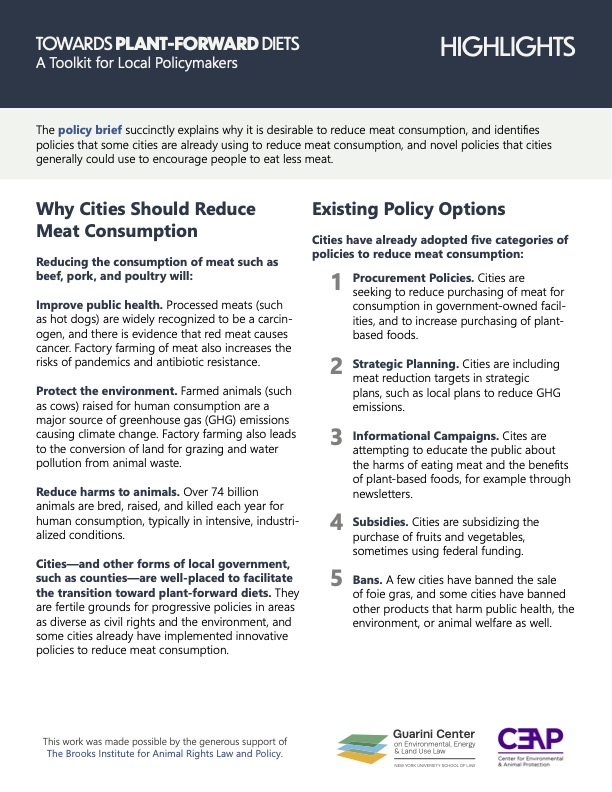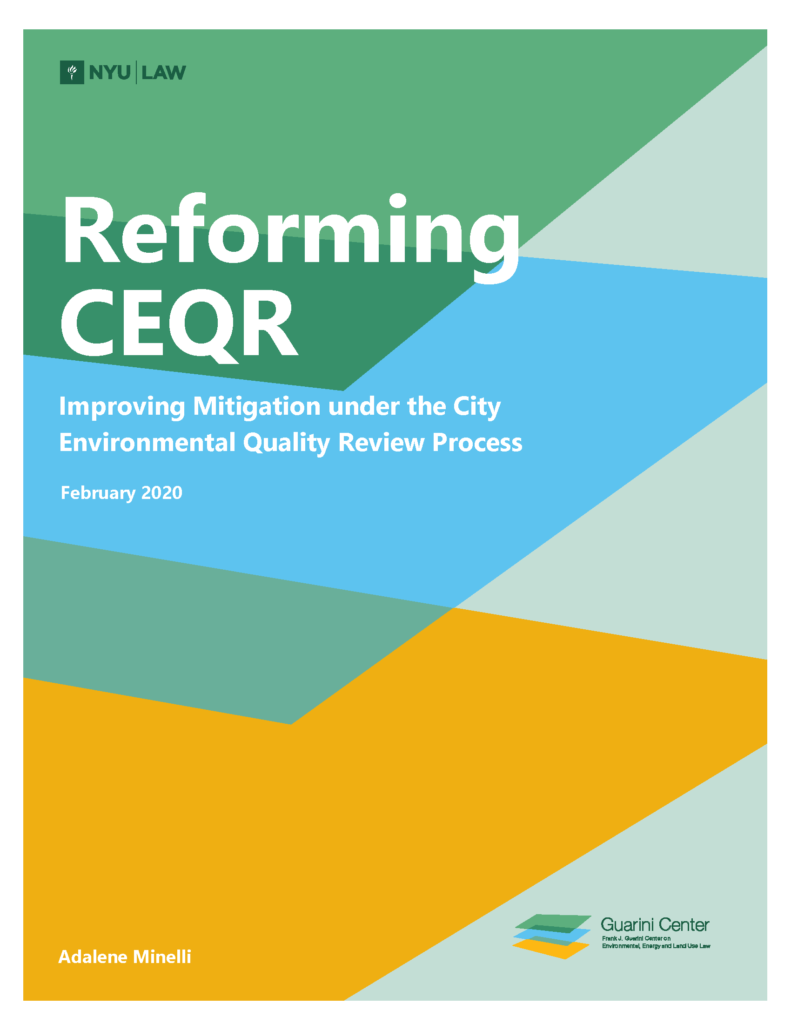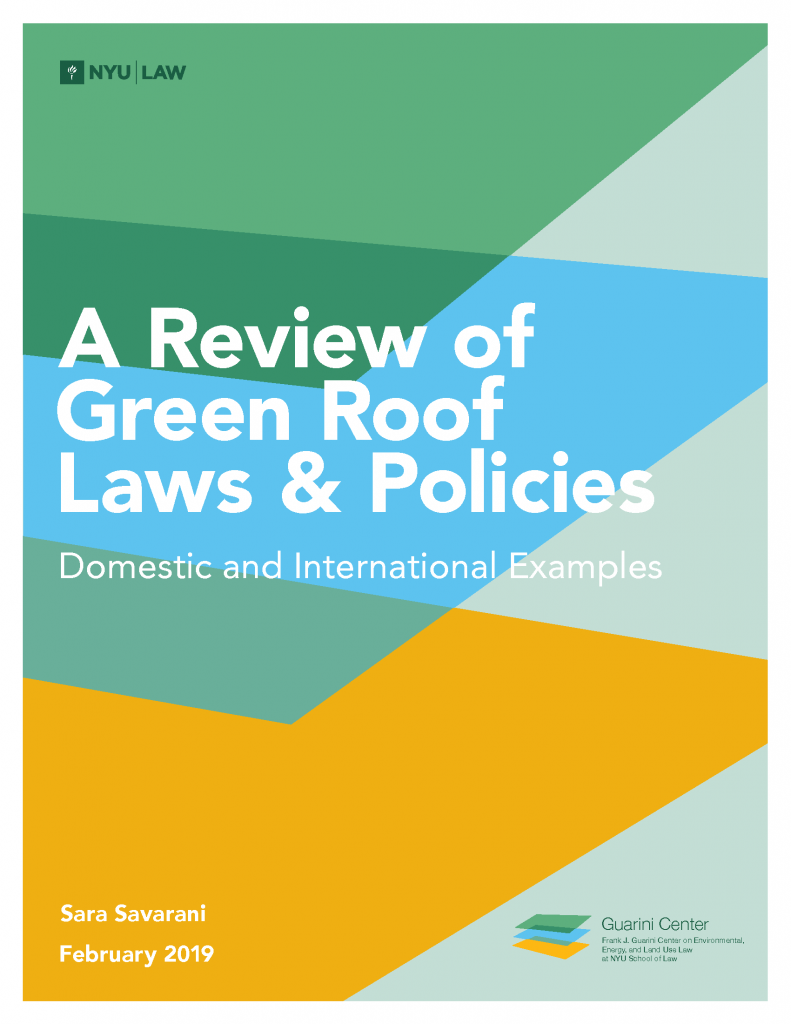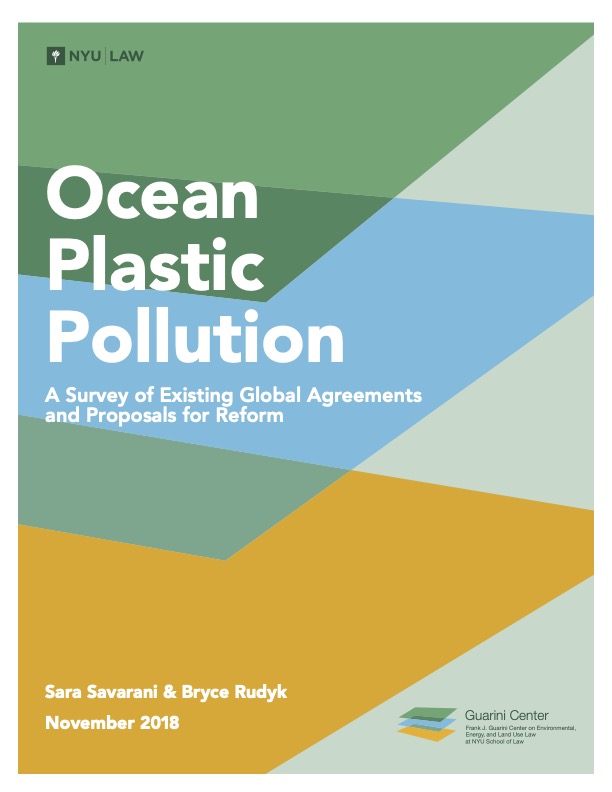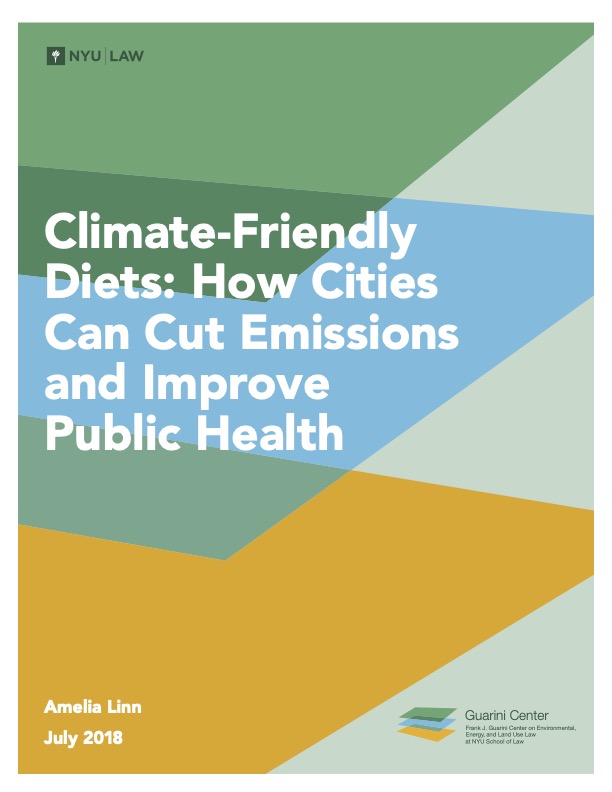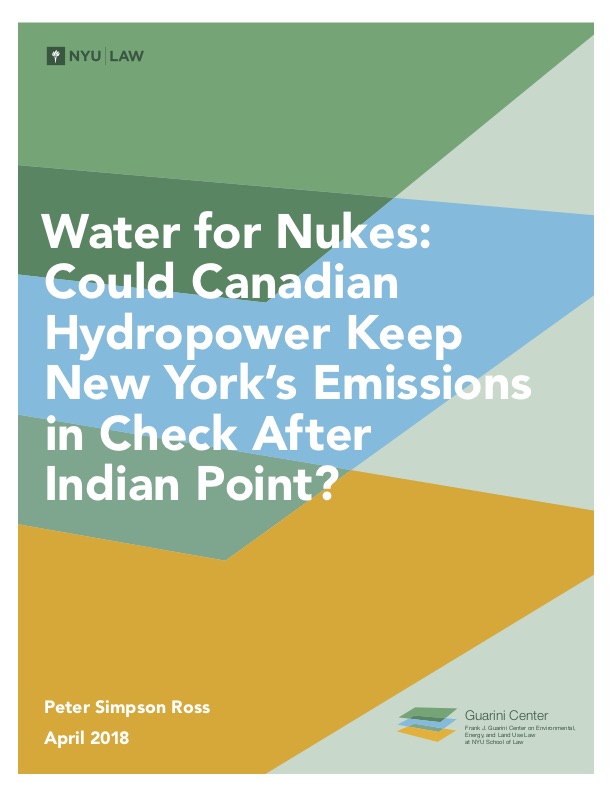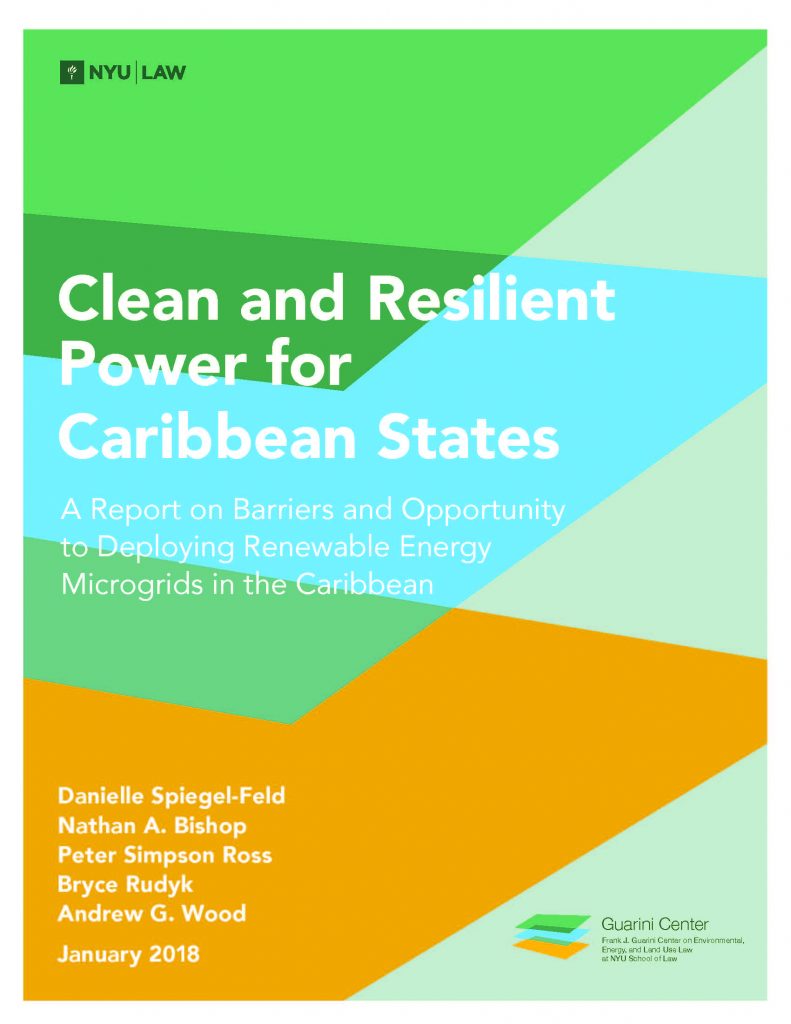Carbon Trading for NYC’s Building Sector: Implementation Plan
Between January 2020 and June 2021, the Guarini Center led a team of researchers to study whether New York City should adopt a carbon trading program for its buildings pursuant to its landmark climate law, Local Law 97 of 2019. The study, which was the first rigorous assessment of Local Law 97, brought together researchers […]
Carbon Trading for NYC’s Building Sector: Implementation Plan Read More »

